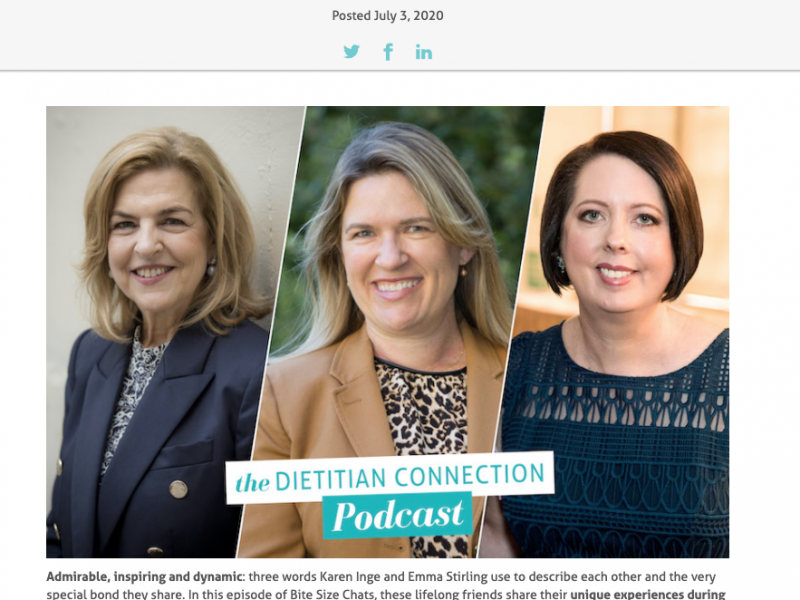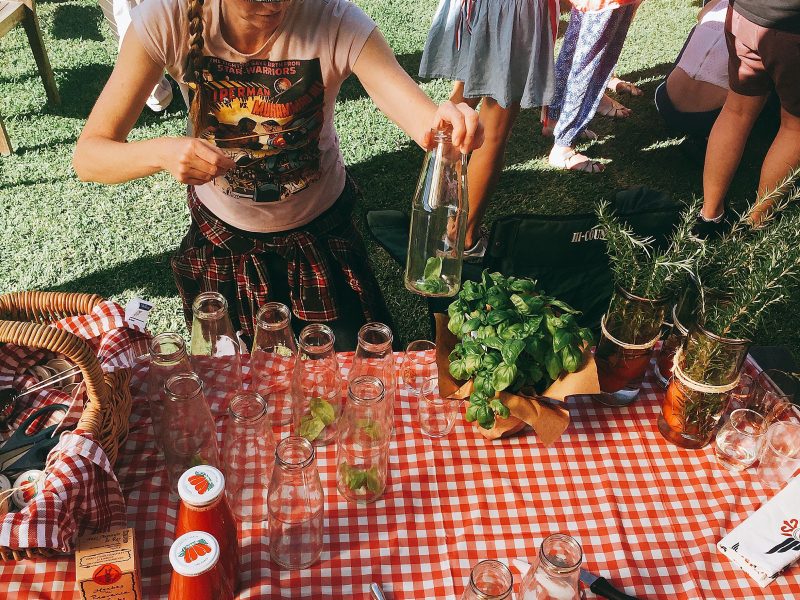I know the saying goes, older and wiser. But I swear the older I get, the more confused I become. Or perhaps I really am wiser, just with a more indepth understanding of our world? One person who challenged my views this week is pioneering Chef Alice Waters who was farm to forking it in way back in the early ’70s. I’ve been out talking to my tomatoes trying to sort through it all. Alice’s wise vision? Edible education for all. Let’s explore.
Alice Waters – Chez Panisee, California
Alice Waters, chef, author, and the proprietor of Chez Panisse, is an American pioneer of a culinary philosophy that maintains that cooking should be based on the finest and freshest seasonal ingredients that are produced sustainably and locally. She is a passionate advocate for a food economy that is “good, clean, and fair.” Over the course of nearly forty years, Chez Panisse has helped create a community of scores of local farmers whose dedication to sustainable agriculture assures the restaurant a steady supply of fresh and pure ingredients. Waters is Vice President of Slow Food International, author of eight books and best known for her pioneering work in schools.
The Edible School Yard
It’s no surprise that Stephanie Alexander from Kitchen Garden Foundation aclaim and Alice Waters are great mates. Both started off their working lives as teachers. Alice in the highly acclaimed Montessori model.
In 1996, Alice’s commitment to education led to the creation of The Edible Schoolyard at Berkeley’s Martin Luther King, Jr., Middle School: a one-acre garden, an adjacent kitchen-classroom, and an “eco-gastronomic” curriculum. By actively involving students in all aspects of the food cycle, The Edible Schoolyard is a model public education program. The program is nationally recognized for its efforts to integrate gardening, cooking, and sharing school lunch into the core academic curriculum. Alice established the Chez Panisse Foundation in 1996 to support the Schoolyard and encourage similar programs that use food traditions to teach, nurture, and empower young people. The success of The Edible Schoolyard led to the School Lunch Initiative, whose national agenda integrates a nutritious daily lunch and gardening experience into the academic curriculum of public schools in the United States.
As I packed our home made school lunches this morning…I thought about things even more. Before my niece dragged me out to see how my raspberries are nearly coming. I wonder how many kids know where raspberries come from?
Alice on Australia
At this week’s talk as part of Good Food Month Alice challenged us to think deeply about our fast food culture. Heidi from Apples Under My Bed and I listened without breathing. And yes, Alice means a complete culture and how the impact of changes to the food supply from this one sector have rippled across our land and our being. We have become used to consistency and sameness and forgotten the changing seasons. We expect instant service and gratification. Even on a break or holiday we seek out a ‘consumption vacation’ filling our time online. Recently as part of a Slow Food conference in Torino Italy she shared her vision for an International Collaboration for Edible Education.
So what would this look like? Integration of gastronomy, cooking, growing and food appreciation into all subjects. More outdoor classrooms. And most importantly, a complementary school lunch program for every single child K-12. And that’s what got me really excited. Why try to change school canteens? Why not change to a fully funded school lunch and edible curriculum program?
Alice’s vision is really rather simple. We are losing our food culture. We may never get it fully back. But we must fight for it. And if we fully commit and formally teach it. There is a growing groundswell and much to be hopeful for.





